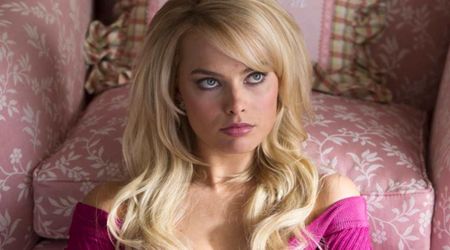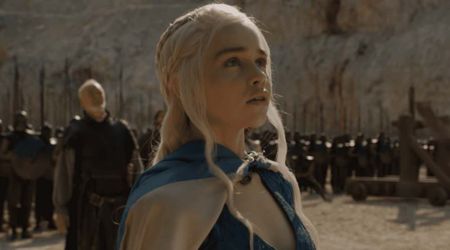'Little Women': Does Louisa May Alcott's novel live up to 21st-century notions of feminism?

Four loving sisters cozying in caring domesticity while battling the travails of poverty, that's the premise of Louisa May Alcott's 'Little Women'.
The novel, more than the ones that followed, has often been called the embodiment of female solidarity and sisterhood.
The story was essentially a coming-of-age tale that belonged to a century where stories about men were the only ones that were being told.
Alcott tried to change the game by focussing on four very different characters and how they find their feet in the topsy-turvy world. With a war raging in the background, power, family ties and sisterly love are at the heart of the tale.
Moreover, there was a rebellious tomboy as the lead protagonist who was determined not to be just someone's wife, and actually make something of herself.
Winona Ryder's performance was the fiery Jo March in the 1994 adaptation of 'Little Women' brought this flawed and lovable character to life.
Yet, while trying to break away from the rigid norms of society, the story would fall back into the old tropes that it was trying to fight with all its might.
There is a strange obsession with being a wife, especially for Meg and Amy.
'Good Wives', the title itself says all, goes further down the wifey lane for Meg, who had "spent intervening years growing wise in housewifely arts", and her storyline just deals with her homemaking skills. More than that, her husband John, gets the excuse of 'men will be men', as he yells at her, "Where’s the beef and vegetables I sent home, and the pudding you promised?"Alcott provides an excuse for John saying, "He was a mild man, and he will be human."
In short, as a man, he was entitled to making demands from his wife.
Meg resolves to keep quiet, as she remembers her mother's advice, that peace and happiness depend on keeping 'his respect'. Meg gets unduly unfair treatment from Alcott, as after she (Meg) becomes busy with her infant twins, John begins to miss all the attention.
Rather than admitting that John is behaving like a man-child, instead, Meg begins to believe that her affections have waned because she is getting old and ugly. This arc ends with Meg apologizing to John for 'neglecting him shamefully', and that she will turn their home around again.
A chance of feminist ideals comes in the shape of Jo, who refuses to change herself for the conventions of society, that is, being 'ladylike'.
In that era, being ladylike was part of an entirely different civilizing process, which meant repression of sexuality, desires and to conform to societal norms and ideas. Jo did not want this, by settling down into a marriage with a young man and wants to pursue her ambitions. Yet, Jo falls into the same bracket as well as she abandons her passion for writing for marriage and later turns her mansion into a school 'for just boys'. Jo passes on her teachings to 'little men'.
The 'Little Women' novels have spawned much debate and discussion on the feminist ideals, and how much women empowerment did it actually encompass.
The novel has spawned several films, the most notable being the 1994 film starring Winona Ryder.
The trailer of the upcoming film with Emma Watson and Saoirse Ronan seems inspiring, and sees Jo (Ronan) being fiery with her dialogues and saying that she doesn't believe that women are born to settle down with men.
We really have to wait and see if the new film lives up to 21st-century notions of feminism.
'Little Women' releases on December 25.










